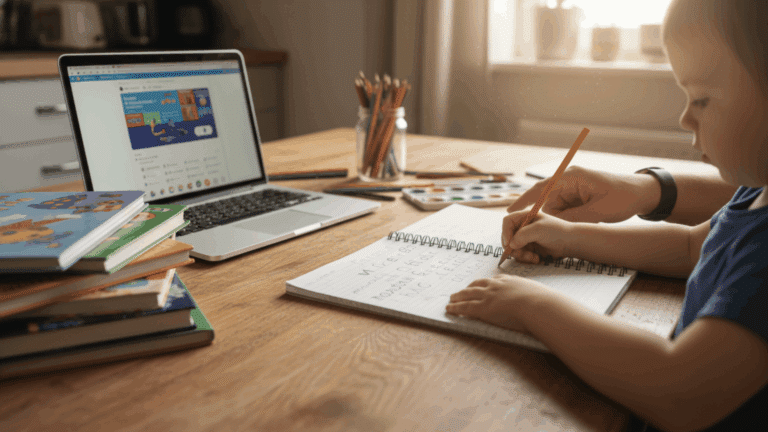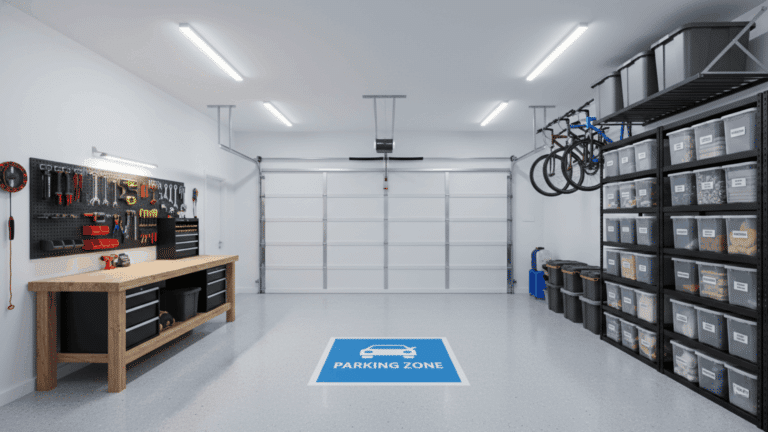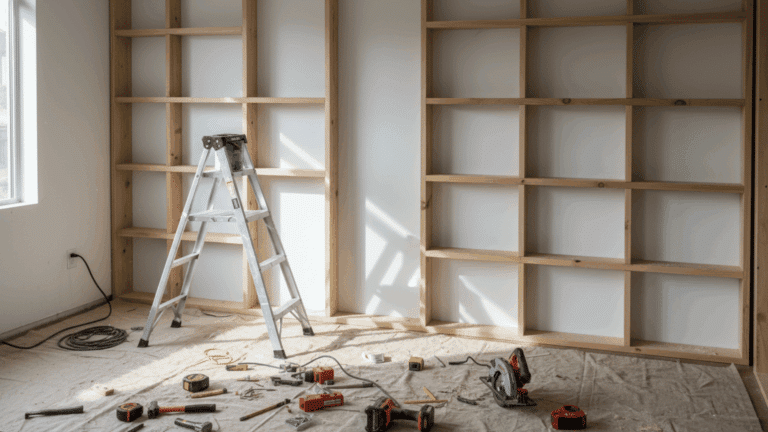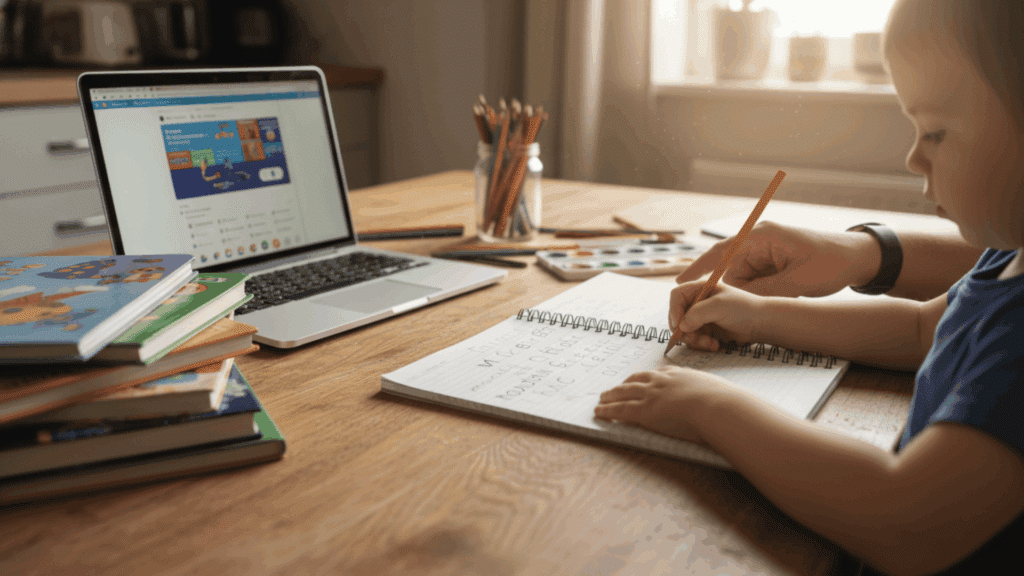The job interview is often considered the final hurdle in landing your desired position. While many factors contribute to a successful interview, preparation and presentation are key elements in making a lasting impression. Mastering the interview process requires a combination of self-awareness, effective communication, and confidence. This article will explore various techniques to help you stand out from the competition and increase your chances of securing the job.
Preparing for the Interview
Research the Company
One of the first steps in preparing for an interview is researching the company you’re applying to. Familiarize yourself with their mission, values, and culture. Browse their website, read recent news articles, and look at their social media profiles to understand the company’s voice and current initiatives. This information will not only help you tailor your responses to align with their needs but also demonstrate your genuine interest in the role.
Understand the Job Description
Before heading into the interview, take time to thoroughly analyze the job description. Highlight the key skills, qualifications, and responsibilities outlined in the listing. Make sure you’re clear on the role’s requirements so you can discuss your experience and capabilities in a way that directly relates to the position. Crafting your answers around specific qualifications will show the interviewer that you’re not just another applicant but someone who understands what the job demands.
Practice Common Interview Questions
While it’s impossible to predict every question you’ll be asked, there are some common interview questions that are asked frequently. Prepare responses for these standard questions, such as:
- “Tell me about yourself.”
- “What are your strengths and weaknesses?”
- “Why should we hire you?”
- “Where do you see yourself in five years?”
Practicing your responses will help you speak confidently and clearly during the interview. However, avoid memorizing answers verbatim; instead, focus on the key points you want to convey, ensuring your responses come across naturally.
The Importance of a Strong Resume
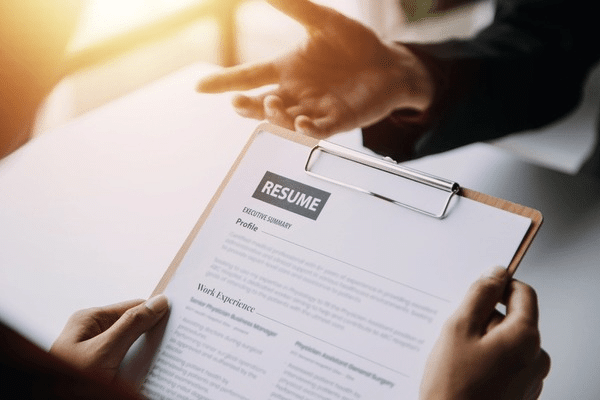
Make a Great First Impression
Before the interview even begins, your resume is likely the first thing the hiring manager will see. A well-crafted resume serves as a marketing tool for you, showcasing your skills, experience, and achievements in a clear and concise manner. It’s crucial that your resume reflects your capabilities accurately and professionally. A strong resume not only helps you get noticed but also provides a foundation for the interview conversation.
Creating a professional resume that clearly outlines your strengths is essential in today’s competitive job market. When preparing your resume, make sure to highlight your most relevant experiences, qualifications, and accomplishments in a way that aligns with the job you’re applying for. Create a professional resume with Resume-Now to ensure it stands out from the crowd, capturing the attention of hiring managers and giving you an edge in the hiring process.
Tailor Your Resume for Each Job
One of the best ways to increase your chances of getting an interview is by tailoring your resume to each job application. Instead of using a generic resume, customize it to highlight the skills and experiences that are most relevant to the position. This small effort demonstrates your attention to detail and shows the employer that you’re serious about the opportunity.
Keep Your Resume Concise and Error-Free
A resume should be clear, concise, and free from errors. Employers often review resumes quickly, so make sure yours is easy to skim. Use bullet points, clear headings, and a logical structure to guide the reader. Avoid long paragraphs or irrelevant details. Most importantly, proofread your resume multiple times to ensure there are no spelling, grammar, or formatting mistakes.
Perfecting Your Personal Brand
Dress Appropriately
Your appearance plays a crucial role in forming the first impression during an interview. Dressing professionally is a must. Make sure your attire is appropriate for the company’s culture—whether that means business formal or business casual. When in doubt, it’s better to be slightly overdressed than underdressed. A polished appearance communicates professionalism and respect for the opportunity you’re given.
Practice Good Body Language
How you carry yourself during the interview is just as important as what you say. Non-verbal cues can significantly influence how you’re perceived. Practice good posture by sitting up straight, making eye contact, and offering a firm handshake. Avoid crossing your arms or fidgeting, as these actions can signal nervousness or disinterest. Instead, focus on projecting confidence and openness through your body language.
Build Rapport with the Interviewer
Building rapport is a subtle yet powerful way to connect with the interviewer. Take the time to greet them warmly and engage in small talk before diving into the formal interview questions. This can help break the ice and set a comfortable tone for the conversation. Throughout the interview, try to find common ground, whether it’s shared interests, experiences, or a mutual appreciation for the company’s mission. A positive connection with the interviewer can work in your favor.
Showcasing Your Skills and Experience
Focus on Relevant Achievements
When asked about your experience, focus on achievements that directly align with the job you’re applying for. Use the STAR method (Situation, Task, Action, Result) to structure your responses. This technique helps you present your accomplishments in a clear and concise manner while highlighting the impact of your contributions. Avoid talking in generalities or giving vague answers. Instead, provide concrete examples that demonstrate how you solved problems, achieved goals, and contributed to your previous employers.
Highlight Soft Skills
In addition to technical skills and experience, employers value soft skills such as communication, teamwork, adaptability, and problem-solving. These are qualities that cannot be easily measured but are often critical to success in the workplace. Be sure to mention instances where you’ve demonstrated these skills, especially when discussing your achievements and past roles. For example, you might highlight how you collaborated with colleagues to resolve a challenging issue or how you adapted to a change in company direction and delivered results.
Provide Evidence of Your Work
Whenever possible, bring tangible evidence of your accomplishments. This could include project reports, presentations, or portfolios showcasing your work. These materials can provide the interviewer with concrete proof of your capabilities and give them a deeper insight into how you can contribute to their organization. Having evidence at hand also shows that you’re well-prepared and proud of your work.
Demonstrating Enthusiasm and Gratitude
Be Enthusiastic About the Role
During the interview, enthusiasm is a key factor in conveying your interest in the position. Show the interviewer that you’re excited about the opportunity to contribute to their organization. Be sure to explain why you’re passionate about the role, how it aligns with your career goals, and what excites you about the company’s mission. Enthusiasm can set you apart from other candidates who may seem less invested in the role.
Follow Up with a Thank-You Note
After the interview, it’s important to follow up with a thank-you note. This simple gesture shows appreciation for the interviewer’s time and reinforces your interest in the position. In your note, briefly mention a key point from the interview that you found meaningful and reiterate your enthusiasm for the role. A well-crafted thank-you note can leave a lasting positive impression and keep you top of mind during the decision-making process.
Conclusion
Mastering the interview process is an essential skill that requires preparation, confidence, and attention to detail. By researching the company, understanding the job description, practicing your responses, and presenting yourself professionally, you’ll be able to stand out from the competition.
A strong resume, tailored to the specific role, serves as an excellent foundation for the interview, providing a clear snapshot of your qualifications. Demonstrating enthusiasm and following up with a thank-you note further solidify your candidacy. With these techniques, you can confidently approach your next interview and increase your chances of success.




